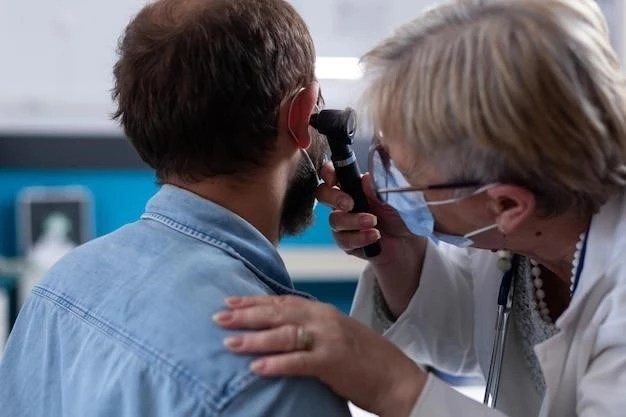Health Advisory⁚ Understanding Cataracts and Cardiomyopathy
Diagnosis of Cardiomyopathy
Surgical Procedures for Cataracts
Managing Complications of Cardiomyopathy
Causes of Cataracts
Cataracts develop when the proteins in the lens of the eye clump together, causing cloudiness. Aging is a primary factor in cataract formation. Other causes include long-term exposure to sunlight, smoking, diabetes, and certain medications like corticosteroids.
Symptoms of Cardiomyopathy
Cardiomyopathy symptoms can vary based on the type and stage of the condition. Common signs include shortness of breath, swelling in the legs, fatigue, irregular heartbeat, chest discomfort or pain, dizziness, and fainting. It’s important to consult a healthcare professional if you experience any of these symptoms.
Treatment Options for Cataracts
When cataracts start affecting your vision, surgery is the most effective treatment. Cataract surgery involves removing the cloudy lens and replacing it with an artificial one. It is a safe and common procedure that significantly improves vision. Your eye care provider will assess your specific case and recommend the best treatment plan for you.
Lifestyle Changes for Cardiomyopathy
Managing cardiomyopathy involves adopting a heart-healthy lifestyle. This includes following a balanced diet low in sodium and saturated fats, engaging in regular exercise as recommended by your healthcare provider, quitting smoking, limiting alcohol intake, managing stress, and monitoring your weight. These lifestyle changes can help improve your heart health and overall quality of life.
Prevention of Cataracts
While cataracts are often age-related, you can take steps to reduce your risk. Protect your eyes from UV radiation by wearing sunglasses, maintain a healthy diet rich in fruits and vegetables, quit smoking, and manage conditions like diabetes and hypertension. Regular eye check-ups are also crucial for early detection. By incorporating these habits into your lifestyle, you can potentially lower your chances of developing cataracts.

Further Information⁚
For more detailed insights on managing cardiomyopathy and cataracts, consult with your healthcare provider or a specialist in ophthalmology or cardiology. They can offer personalized advice tailored to your specific health needs and address any concerns you may have about these conditions. Stay informed, attend regular check-ups, and follow any recommended treatment plans to promote your overall well-being.
